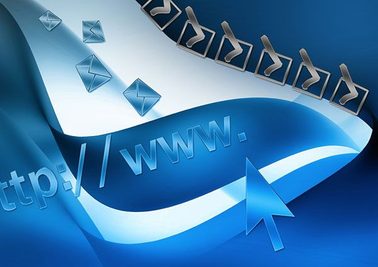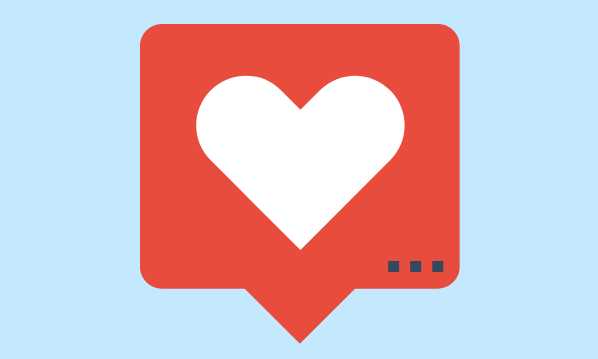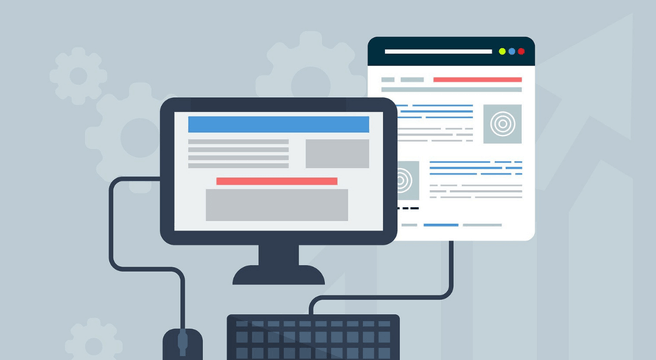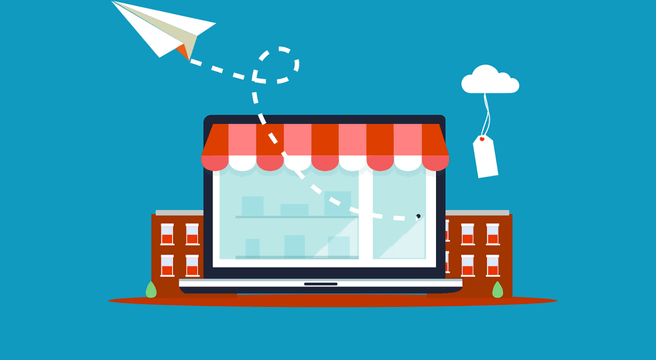
There are a number of fundamental differences between business-to-business (B2B) and business-to-consumer (B2C) marketing, and many of these apply whether the marketing involves e-commerce or conventional routes to market.
With e-commerce, much of the marketing media – pay-to-click advertising, emails, banners and PR – and the actual websites are similar for both B2B and B2C marketing.
The prime differences are in the execution and the outcomes. In general, B2B marketing involves building a relationship between two organisations to reinforce customer loyalty, often involving a range of different people on each side. B2C marketing often uses emotions and relies on more impulsive buying.
Business-to-business e-commerce
The main characteristics of B2B e-commerce are that it usually involves:
- building and maintaining relationships over time
- a relatively small and easily identified target market
- multiple buying influences, and a larger number of people making buying decisions
- a longer buying process
- decision-making based on service and after-care more than price
- more knowledgeable buyers
Because B2B marketing is more relationship-driven, e-commerce often involves multiple points of contact, with emails, online newsletters and magazines, case studies, web seminars, white papers and other downloads.
Business-to-consumer e-commerce
The main characteristics of B2C e-commerce are that it usually involves:
- price-based comparisons
- relatively large and often dispersed target market
- a shorter decision-making process
- little loyalty to the vendor
- emotional decision-making
B2C marketing, both conventional and online, often involves giving incentives to the prospective customer, such as special offers, loyalty programmes, coupons and volume discounts. These can be distributed through customer emails, with purchased products, or via a physical store.
Although many consumers have little vendor loyalty, good customer service, combined with intelligent merchandising, can have a major impact on the relationship with a consumer, and reduce some of the effects of price on the buying decision.
Similarities between B2B and B2C
In both B2B and B2C markets, quality counts: product quality and reliability are perhaps more important to B2B buyers, but consumers who feel they have not had value for money are unlikely to come back.
Customer service is important as well, although in the case of B2C it is the immediate after-sales service that has most impact: product support, a good and responsive complaints process and easy returns service are all influential. In the B2B market, good long-term relationships are fundamental to customer loyalty.
Brand identity is important in both B2B and B2C markets, and will help to encourage customer loyalty and help with the sales process.





